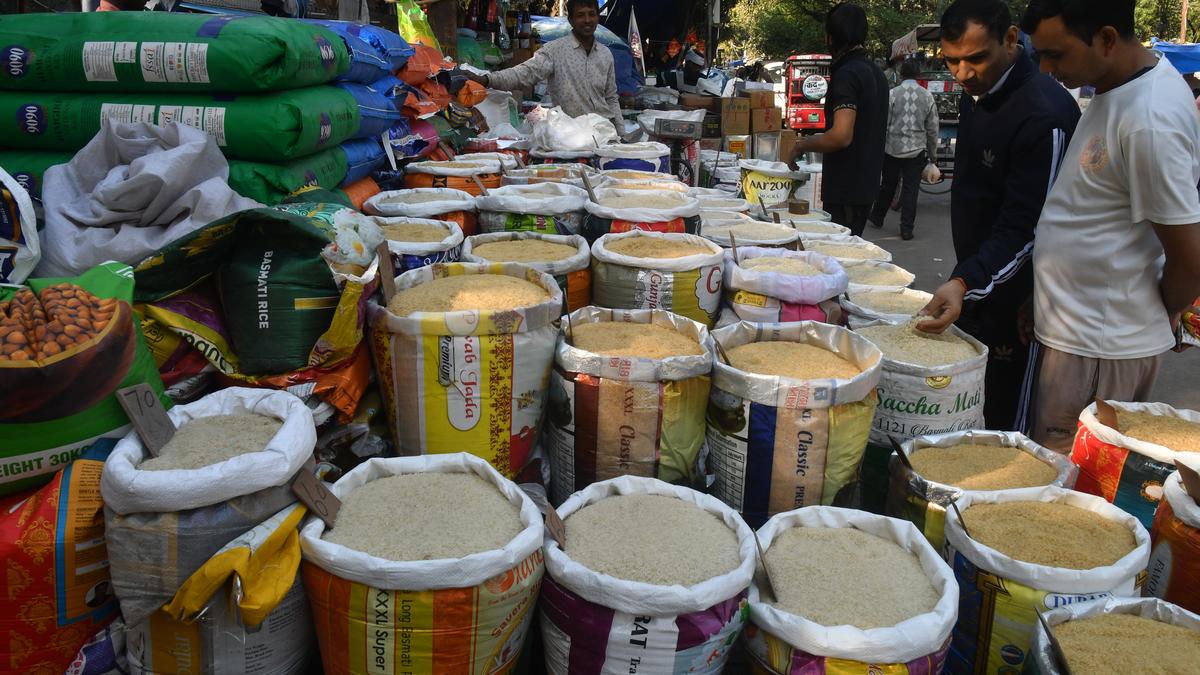
Middlemen can actually help lower dal prices
The Hindu
Government blames middlemen for hoarding pulses, but hoarders play a crucial role in stabilizing prices and boosting farm production.
The government has blamed greedy middlemen for hoarding stocks of pulses, causing a reduction in supply in the market and pushing up pulse prices. But, as outrageous and counterintuitive as it may sound, the truth of the matter is that food prices would be much higher in a world without middlemen.
The prices of pulses have risen significantly over the last year and the government has resorted to various measures to rein in prices. Among other things, it has ordered officials to conduct surprise checks on warehouses and push middlemen to disclose stock holdings to ensure pulses are not hoarded.
It may be true that middlemen are hoarding stocks and pulse prices can drop if these supplies are quickly released into the market. After all, a rise in the amount of stocks held by traders reduces supply in the market and pushes up prices. However, it should be understood that hoarders or speculators hoard supply for a good reason. If traders expected prices of pulses to be lower in the future, they would not hoard anything and try to sell all their stocks in the present. So, the fact that traders are hoarding pulse stocks right now simply means that they expect pulse prices to rise in the coming months.
If hoarders are right about their forecast that prices would be higher in the future, they would make profits. And if they are wrong about their forecast, they would make losses. So, unlike popular belief, hoarders are not guaranteed to make profits just by hoarding supplies. In fact, they could very well make losses if the shifting of stocks from the present to the future through hoarding causes oversupply in the future. So, in effect, consumers are the ones who determine the price of any good at any point in time, and middlemen are simply just trying to time the release their stocks into the market in such a way that consumers get the supplies only during times when they value it the most. Thus, middlemen carry out a very useful social function of ensuring that resources are allocated in the best way possible.
When governments force middlemen to sell their stocks, this would suppress prices in the short-run by increasing supply in the present but likely cause higher prices in the future by reducing future supply. This may be good politics from the point of view of the government which is facing a crucial election, but it is harmful from the point of view of consumers who will have to suffer higher prices in the future.
Secondly, such speculation by middlemen can actually help society by boosting farm production.
Indian farmers, it should be noted, have often fallen prey to the sharply fluctuating prices of many agricultural goods. Usually in a year when agricultural prices are high, they respond by increasing their production in the following season hoping to profit from higher prices. But the increased supply in turn causes a glut in the market and leads to prices falling precipitously, which in turn causes heavy losses to farmers. It should be noted that farmers themselves can decide to hoard supplies during a year of bumper crop production in the expectation that they could sell their excess produce when prices will be higher in the future. But not all farmers may be willing to undertake the risk of forecasting future prices and may thus want to offload their produce into the hands of middlemen willing to take the risk.

 Run 3 Space | Play Space Running Game
Run 3 Space | Play Space Running Game Traffic Jam 3D | Online Racing Game
Traffic Jam 3D | Online Racing Game Duck Hunt | Play Old Classic Game
Duck Hunt | Play Old Classic Game











